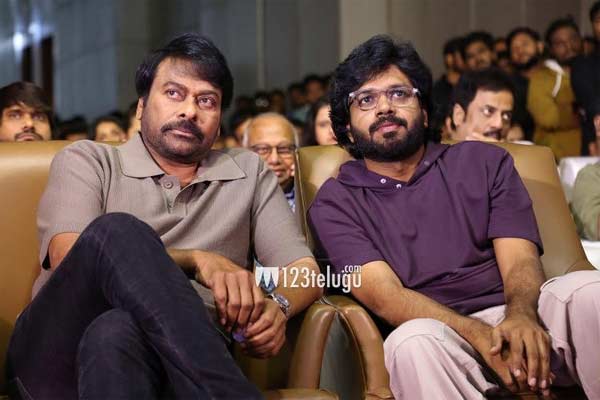Master Canteen Square Could Soon Be Renamed to Honor Odisha’s Rich Cultural Heritage!
Bhubaneswar is buzzing with excitement as a significant change is on the horizon for one of its most important locations. Master Canteen Square, sitting at the city’s heart, is poised to undergo a name change that will better reflect Odisha’s rich cultural and historical legacy. This proposal ignites discussions about the significance of names, heritage, and how public spaces reflect the identity of a community.
The Proposal for Renaming
Recently, the state government directed the General Administration and Public Grievance (GA & PG) and the Revenue and Disaster Management departments to explore the possibility of renaming Master Canteen Square. The fresh appeal initiated by Radhakanta Tripathy, a Supreme Court advocate and activist, raises an important question: does the current name honor the civilizational heritage of Odisha?
Tripathy has long been advocating for a name that resonates with local pride, suggesting alternatives inspired by historical figures and significant cultural symbols. Some of the proposed names include:
- Kalinga
- Utkal
- Paika
- Jayi Rajaguru
- Saheed Laxman Nayak
He believes that adding suffixes like Chowk, Circle, or Square to these names could instill a greater sense of pride among Odias.
A Historical Perspective on Master Canteen
The name “Master Canteen” originates from the establishment of a restaurant by a prominent businessman, Sunjoy Hans, in the late 1940s. His family’s eatery played a pivotal role during the construction of Odisha’s new capital city and has since become a familiar reference point for residents and visitors alike.
Hans acknowledges the cultural significance of the existing name but remains open to the government’s decision regarding the potential renaming. “We are leaving the decision of renaming Master Canteen Square to the government. But the name is etched in the minds of the people of the city; it would be difficult to erase,” he stated.
This highlights a common tension in urban development—the desire to recognize and honor history while also allowing cultural evolution. As cities expand and evolve, the names of places often reflect more than just a geographical location; they encapsulate a region’s identity, values, and memories.
The Community’s Response
The proposed renaming initiative has sparked a variety of opinions among residents and cultural advocates. On social media, some users have expressed support for the idea of a name that more accurately reflects Odisha’s heritage, while others feel attached to the historical name due to its long-standing presence in the community.
To better understand public sentiment, a brief survey was conducted among locals, which yielded interesting insights:
| Opinion | Percentage of Respondents |
|---|---|
| Support for Renaming | 65% |
| Prefer Current Name | 25% |
| Unsure | 10% |
The majority of participants seemed to resonate with the idea of embracing a name that is culturally significant, indicating that there is a substantial desire for a connection to the state’s rich history in public spaces.
What’s Next for Master Canteen Square?
As this initiative progresses, the government is evaluating the proposal, and Tripathy’s petition has garnered attention from important state officials, including the Chief Minister and Chief Secretary. The outcome will certainly impact not just the square, but potentially set a precedent for how other public spaces in Odisha are named and perceived in the future.
This deliberation also prompts a broader discussion about the importance of names in cultural identity. Names are more than labels; they tell stories, remember histories, and shape the character of communities. As Odisha continues to develop, it is vital to consider the narratives we choose to celebrate in our public spaces.
Regardless of the final decision, one thing is clear: Master Canteen Square is more than just a location; it is intertwined with the memories and identities of Bhubaneswar’s citizens. The potential renaming of this square is a reflection of a society grappling with its past while looking forward to its future—a future where cultural pride and historical recognition take center stage.






